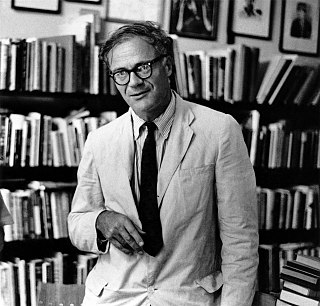A Quote by Barton Gellman
When the 'New York Times' revealed the warrantless surveillance of voice calls, in December 2005, the telephone companies got nervous.
Related Quotes
An American critic wrote that she would rather be forced to read the New York telephone directory three times than watch the film A Zed and Two Noughts, a third of which was a homage to Vermeer. Conceivably, if you are a list-enthusiast like me, the New York telephone directory might be fascinating, demographically, geographically, historically, typographically, cartographically; but I am sure no compliment was intended.
The New York Times will tell you what is going on in Afghanistan or the Horn of Africa. But it is no exaggeration that The New York Times has more people in India than they have in Brooklyn. Brooklyn is a borough of two million people. They're not a Bloomingdale's people, not trendy, sophisticated, the quiche and Volvo set. The New York Times does not serve those people.
When I got my very first phone call that I'd hit the 'New York Times' list, I had a small rush of 'I've made it!' But the next morning, it occurred to me I didn't know what it was, so I called my agent and asked what being a 'New York Times' bestselling author really meant. He informed me that I was now a thousand pound gorilla.
When it comes to telephone calls, nobody is listening to your telephone calls. That's not what this program is about. ... What the intelligence community is doing is looking at phone numbers, and durations of calls; they are not looking at people's names and they're not looking at content. ... If the intelligence committee actually wants to listen to a phone call they have to go back to a federal judge, just like they would in a criminal investigation.
Recently it's become much to my surprise, something that does happen. For example, I used to get almost all of my stories, and it's probably still true, from newspapers. Primarily from The New York Times. No one ever really thinks of The New York Times as a tabloid newspaper and it isn't a tabloid newspaper. But there is a tabloid newspaper within The New York Times very, very often.
































